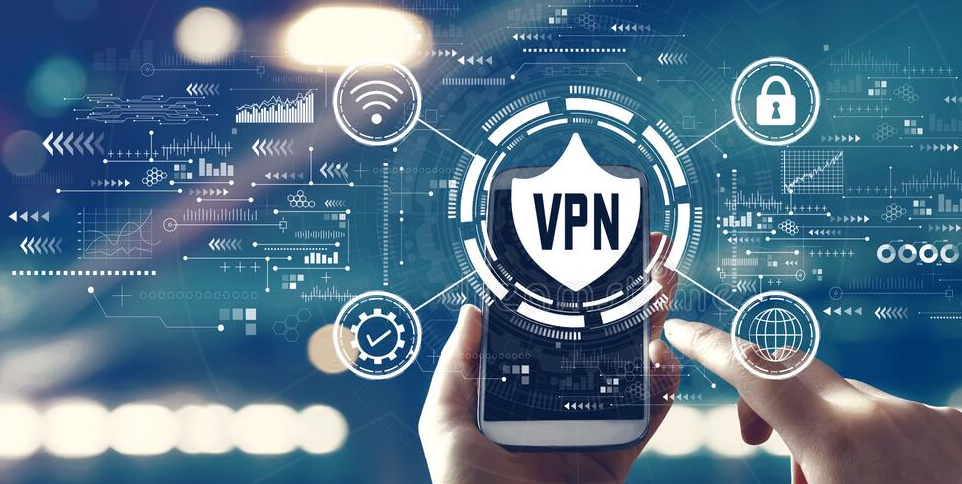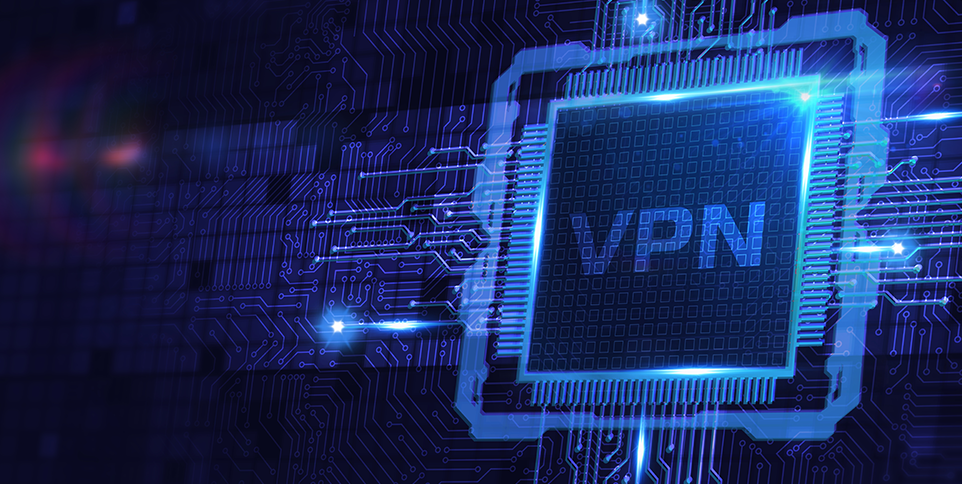

03 min read
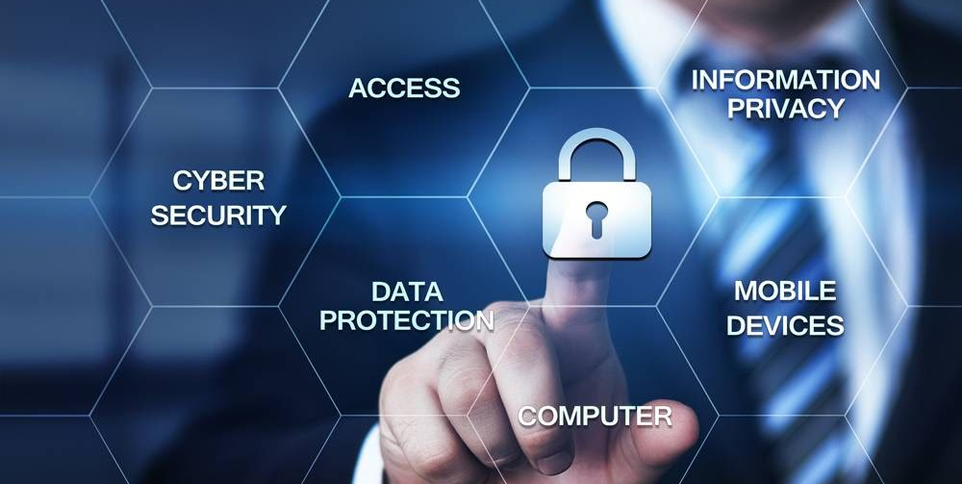
Cybersecurity is the practice of protecting data, devices, networks, and systems from cyberattacks. Cyberattacks can cause various damages, such as data breaches, identity theft, ransomware, phishing, malware, denial-of-service, and more. Cyberattacks can target individuals, businesses, organizations, or governments.
One of the ways to enhance cybersecurity is to use a VPN or a virtual private network. A VPNs is a service that creates a secure and encrypted connection between a device and a server over the internet. A VPN can help protect users from various cyber threats by hiding their IP address, encrypting their data, and providing access control.
An IP address is a unique identifier that is assigned to every device that connects to the internet. It reveals information such as your location, your ISP, and your online activities. Your IP address can be used by hackers, advertisers, or government agencies to track, monitor, or censor your online behavior.
A VPN helps hide your IP address by letting you connect to a remote server that acts as a proxy for your device. When you use a VPN, your device sends its data to the VPN server first, and then the VPN server forwards it to the destination website or service. The destination website or service only sees the IP address of the VPN server, not your device’s IP address.
By hiding your IP address, a VPN can help you:
To use a VPN for online security and privacy, you need to:
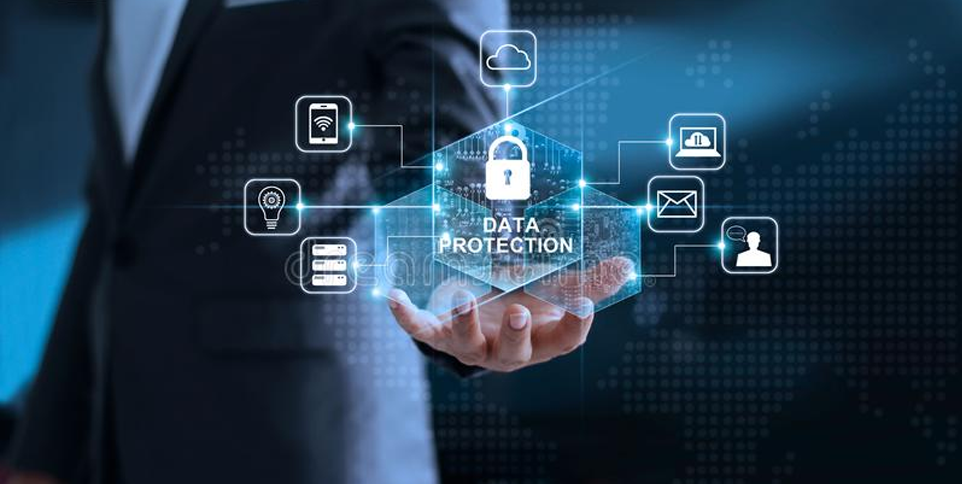
Encryption is a process of transforming data into an unreadable format that can only be decoded by authorized parties. Encryption protects data from being intercepted or tampered with by unauthorized parties.
A VPN encrypts your data by using encryption protocols such as IPsec or SSL/TLS. These protocols create a secure tunnel between your device and the VPN server. All data that passes through this tunnel is encrypted and decrypted using encryption keys that are shared between your device and the VPN server.
By encrypting your data, a VPN can help you:
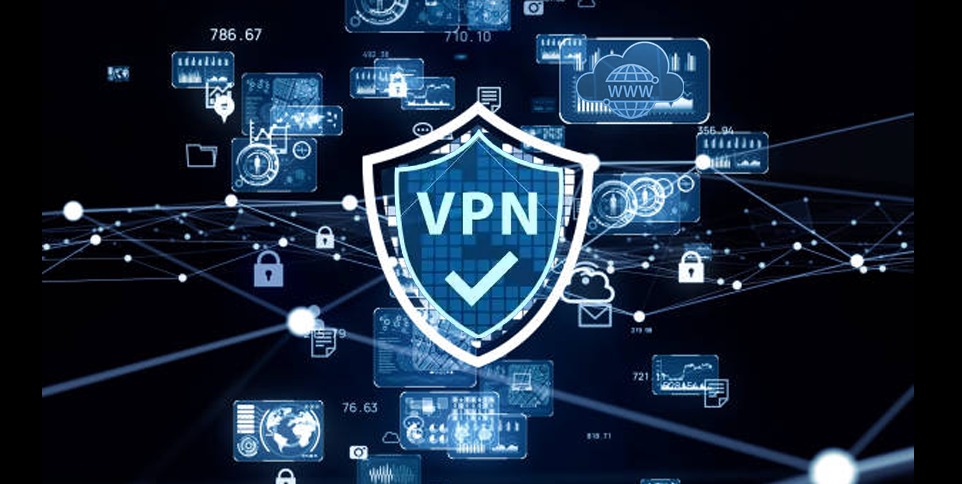
Access control is a process of granting or denying access to resources based on certain criteria. Access control ensures that only authorized users can access certain data or systems.
A VPN provides access control by using authentication methods such as passwords, certificates, tokens, or biometrics. These methods verify the identity of users who want to connect to the VPN server. Only users who have valid credentials can access the VPN server and its resources.
By providing access control, a VPN can help you:
VPN encrypts your data to protect it from interception or tampering by cybercriminals. If you want to use a VPN security, privacy, and performance online, we recommend SaviourVPN and PureVPN. Both are reputable and reliable VPN services that offer fast speeds, strong encryption, and excellent features. They also have a 31-day money-back guarantee , so you can try them risk-free.
